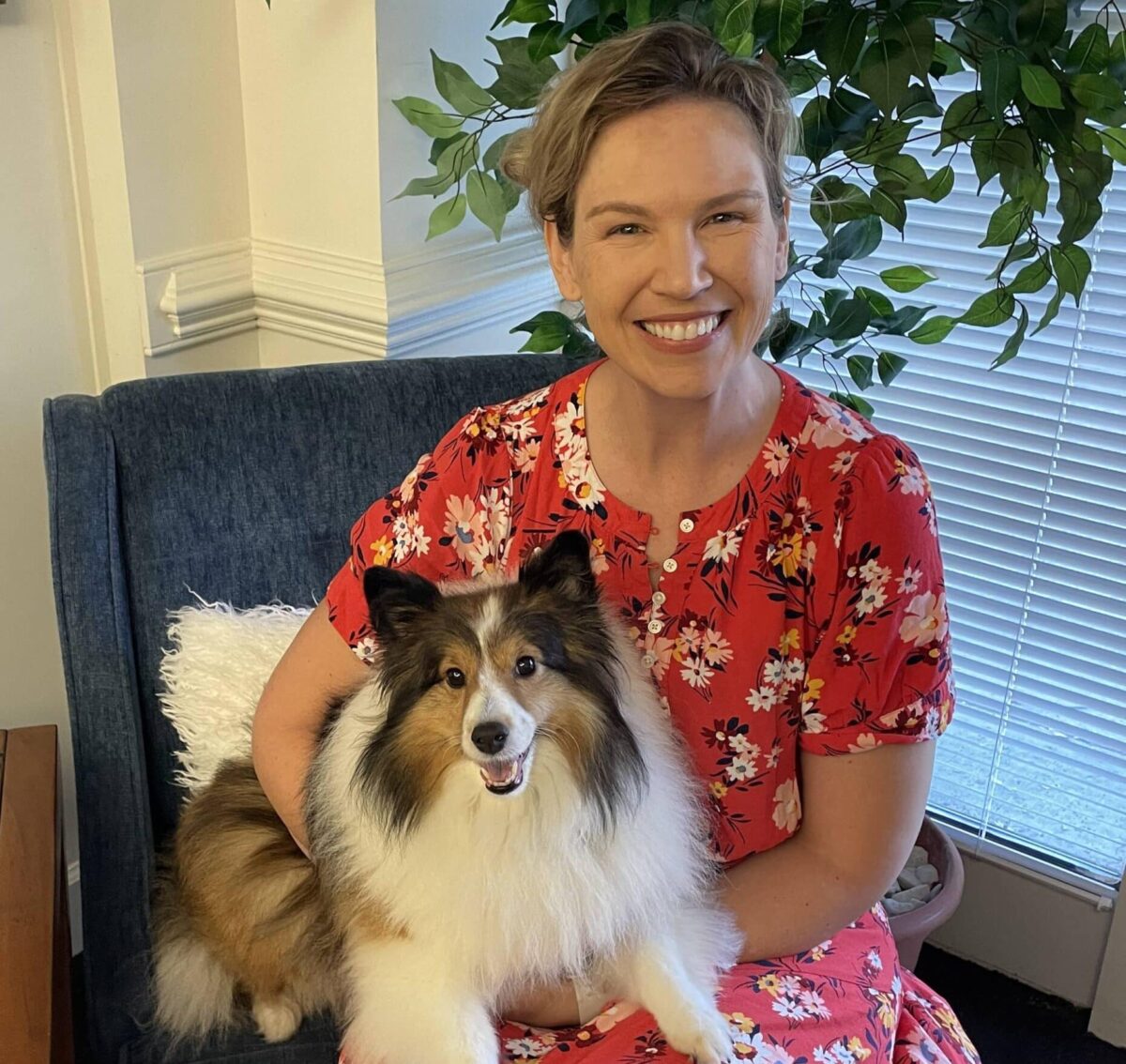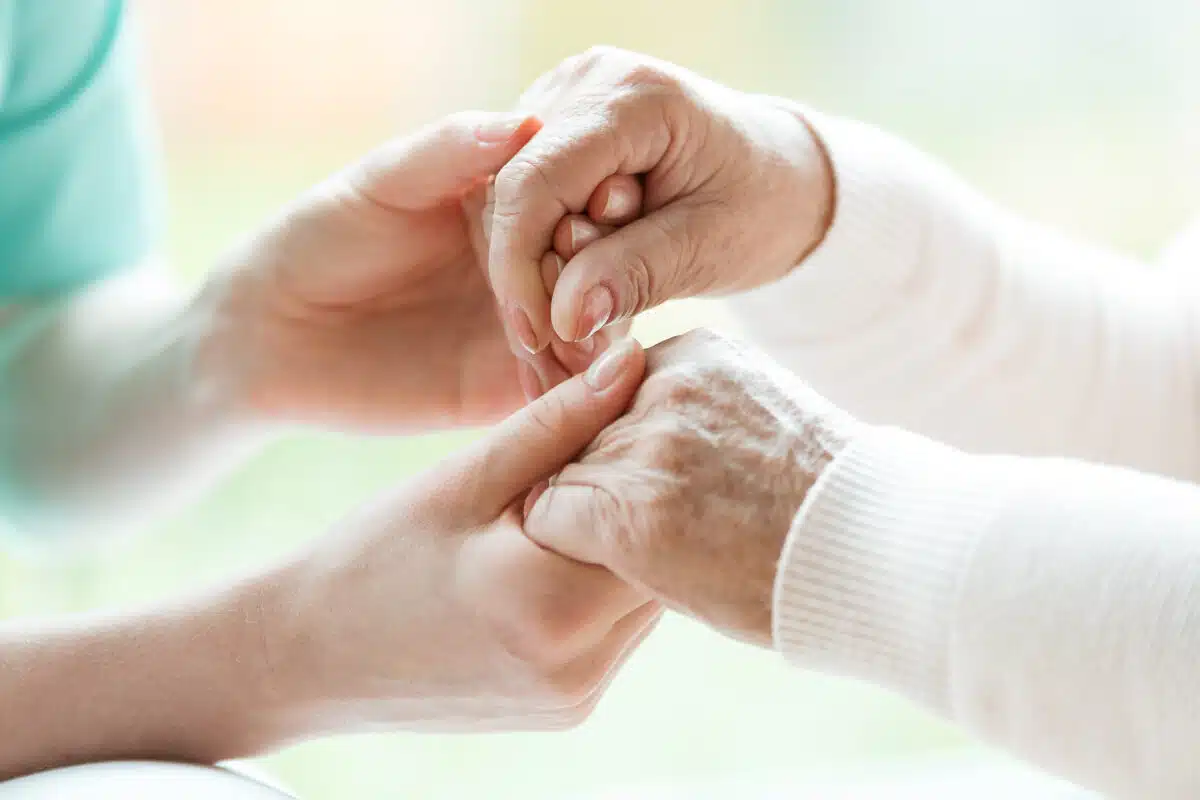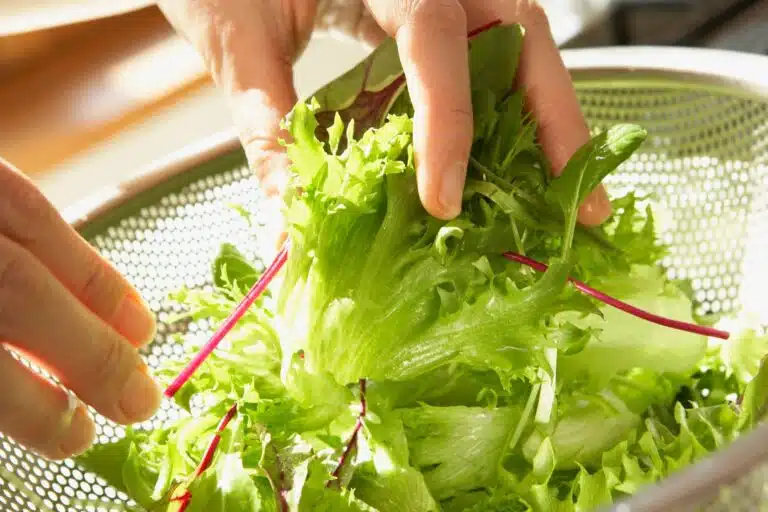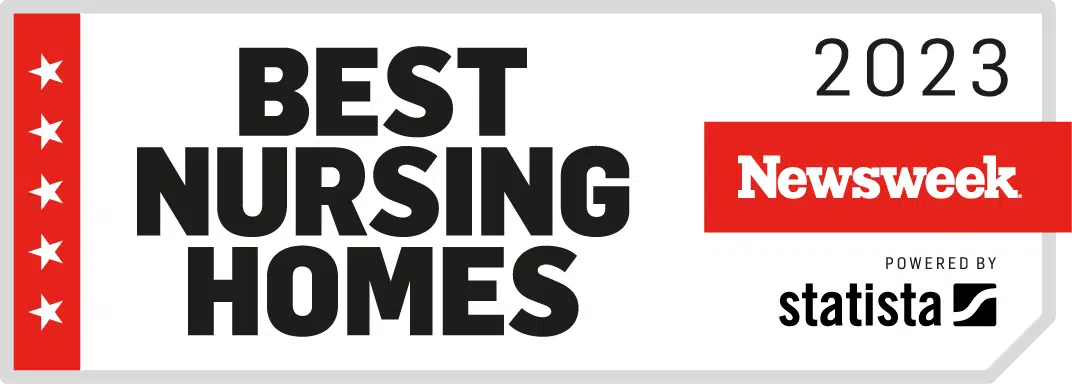VHS Home Health Care & VHS Hospice introduce Director of Operations
Ariane Minette, LMSW, was recently named Director of Operations for VHS Home Health Care and VHS Hospice. The move follows the resignation of Administrator Cheri Garner-Brnich, who joined the VHS team about 10 years ago to start operation of VHS Home Health Care.
“Cheri has been instrumental in the establishment and growth of Home Health Care and Hospice; we thank her for all of her years of service and wish her the best in her next chapter,” Donna Marchant-Roof, Vice President of Home and Community-Based Services, said in an email to the organization.
About Ariane
Ariane has been a social worker on the VHS Hospice team and oversees the volunteer program. She also is a field instructor for students in master’s social work programs.
“It’s a great opportunity,” she says. “It’s a learning curve for sure, but so, so phenomenally lucky to have amazing staff on both home health — which is so established and doing a great job — and hospice.”
Ariane oversees the day-to-day operations of both service lines. She says she is big on communication and having standard operating procedures established so the team is “confident and comfortable about what we’re doing and have accountability moving forward so we can build additional relationships like the one we have with Brookdale.”
She has formed a committee to start planning the annual Celebration of Life that VHS Hospice typically hosts in November for loved ones of former patients. The event helps provide closure for those close to the individuals, including members of the hospice team.
New focus
Ariane still visits patients — “they’re my heart, my soul. That’s why we’re all here, that’s my drive,” she says. “I love touching base with my patients and seeing how all this impacts them. It’s always humbling.”
Her main focuses right now are understanding the foundation, evaluating policies and practices to see if they are the best and most efficient ways of doing things, growing census, and focus on how the team works together to be cross-sectional.
“I just want to get to know everyone better, and let them know me — be that person who’s consistent. I just want to make it easier for the team to do their job well,” she says.
While her dog Darby is a little unsure about the longer days in the office, Ariane is excited for all of the opportunities for growth the area has to offer.
“It’s a really exciting time right now, in terms of where healthcare is,” she says. “I truly, truly believe in the home aspect of home health and hospice — being where you are. It doesn’t have to feel so medicalized and pull you away from people you love. I truly believe in bringing healthcare to the home. I see how well we do it, and how well we can continue to do it, so I want to be able to get people to understand how it helps them. … I want to help the people and give them the things they need.”
Volunteer with VHS Hospice
Volunteers are the heart of what we do. VHS Hospice is looking for compassionate and thoughtful volunteers to assist those in our care, their caregivers and our team members. You’ll provide emotional support and companionship. Some responsibilities include assisting our clients with tasks such as gardening, lawn maintenance and pet care. Your duties may include providing relief to caregivers or assisting our team in the office with a variety of tasks. We provide all the necessary training.
Share your interest here.
Follow us on Facebook
Learn more about VHS Hospice and VHS Home Health Care on Facebook.

